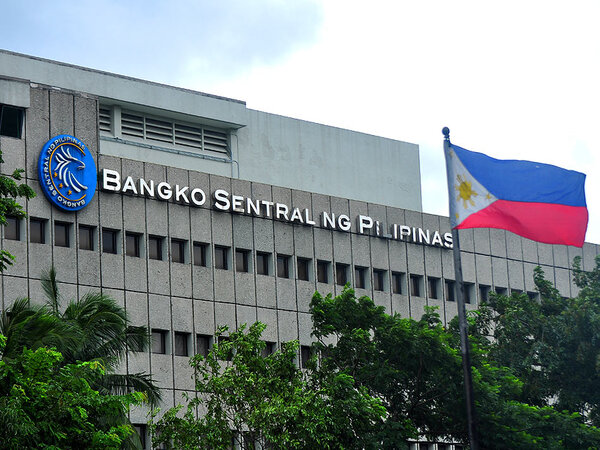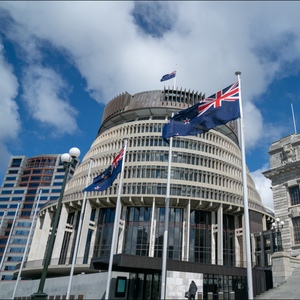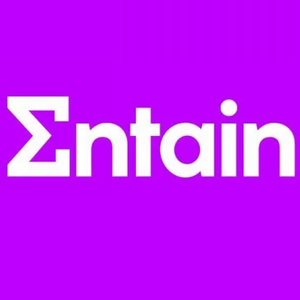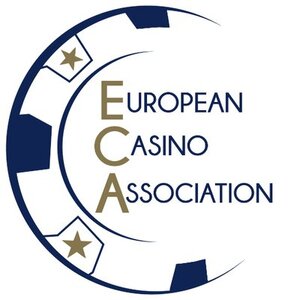
The IRS have made a proposal to lower the threshold for winnings on slots, bingo and keno that are supposed to be reported for taxation. Current threshold of $1200 is suggested to be reduced to half the amount, that is to say, $600. American Gaming Association, together with the land casino companies on US territory openly oppose to this proposal.
Reducing the Winnings
The current regulations oblige the casinos to fill out tax information forms on winnings of $1200 or higher for slots games and bingo, whereas for keno the triggering amount is $1,500. This limitations were set back in 1977 and haven been changed since. According to Las Vegas Review Journal The IRS intention is to adjust the regulations to the inflation rate, since the $1,200 in 1977 are worth $4,627 today. This is one of the reasons why The IRS have suggested to reduce the reporting amount to $600. The Internal Revenue Service has given a period of three months to casino industry to respond to suggested changes in regulations. They have invited the representatives of gaming industry to give their comments and opinions about the possibility to reduce the reporting figure as well as to discuss the threshold of electronically tracked slot machines.
Gaming Industry Worried
The gaming industry considers this change unnecessary and harmful for the industry. When a player hits the triggering amount, the machine locks and the winner is supposed to fill in the required tax forms and the machine is reset. Should the reporting amount be reduced by half, it will cause more frequent breaks in the play and resets of the machine, not to mention the additional paperwork and administrative hassle. Consequently, since the machines will be unavailable for play until the procedure is completed, the revenues would suffer as well. In response to this the tax officials state that majority of players already keep electronic records of their play so the administration would not be such a big problem in this transition. American Gaming Association senior vice president, Sara Rayme expressed their concern: “This potential policy change could create additional burdensome and unnecessary reporting requirements for our industry.” Still, the matter is not final, since there is no guarantee that the proposal will be realized. For the time being, this is an invitation for discussion of the suggestion.









































 Roulette
Roulette
 Blackjack
Blackjack
 Baccarat
Baccarat
 Poker
Poker
 Sic Bo
Sic Bo
 Dragon Tiger
Dragon Tiger
 Game Shows
Game Shows  Top 5 Games
Top 5 Games  See more
See more  Roulette Casinos
Roulette Casinos  Low Limit
Low Limit  High Limit / VIP
High Limit / VIP  Exclusive
Exclusive  How to Play
How to Play  Basic Strategy
Basic Strategy  Top Tips
Top Tips  FAQ
FAQ  Blackjack Casinos
Blackjack Casinos  Baccarat Casinos
Baccarat Casinos  Bonuses
Bonuses  Poker Casinos
Poker Casinos  Game Providers
Game Providers  Sic Bo Casinos
Sic Bo Casinos  Dragon Tiger Casinos
Dragon Tiger Casinos  Credit and Debit Card
Credit and Debit Card  e-Wallet
e-Wallet  Cryptocurrency
Cryptocurrency  Bank and Checks
Bank and Checks  Pay by Phone and SMS
Pay by Phone and SMS  See more
See more  How-To Guides
How-To Guides  Top Lists
Top Lists  In-Depth
In-Depth  Strategy
Strategy  Casino & Games
Casino & Games  Insight
Insight  News
News  Promotions
Promotions 
 Guide to Live Casinos
Guide to Live Casinos  Top 10 Live Casino Tips
Top 10 Live Casino Tips  Studio Locations
Studio Locations  FAQ & Help
FAQ & Help  Meet The Dealers
Meet The Dealers  Our Awards
Our Awards  How We Rate
How We Rate  Responsible Gambling
Responsible Gambling 




























 ENG
ENG 

 Facebook
Facebook
 Pinterest
Pinterest
 Twitter
Twitter
 LinkedIn
LinkedIn
 Copy Link
Copy Link 
































